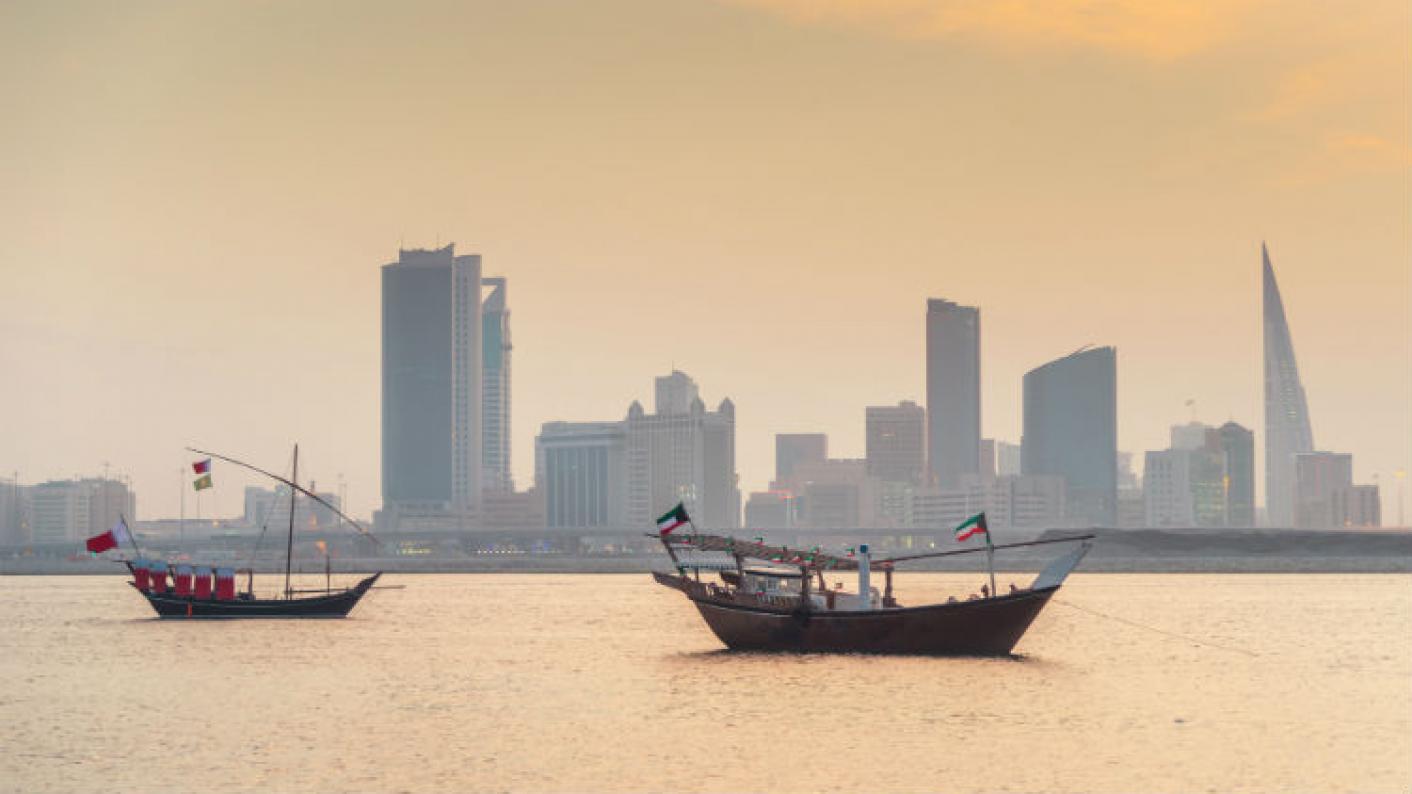1. Know your schools
There are 43 schools in Bahrain and 34 of those are private international schools.
When you are researching a school, you should do more than just read the website: check the ex-pat blogs and websites where teachers share their experiences of working in the school; check the geography of where the school is and where you’ll be living; consider the class sizes and school size, and think about whether that school will suit you.
All-through schools are an option in Bahrain. If you have a family with school-age children, the provision of all-through schools will possibly be more attractive, so you have the option of keeping all your children together in one school.
2. Where to live
Many schools will offer some kind of accommodation package that could involve the provision of an apartment or an allowance. This will vary between schools so it’s worth checking exactly what’s on offer before accepting a position.
Unmarried couples cannot live together in Bahrain owing to the laws regarding sex outside marriage. Homosexuality remains a controversial issue and although homosexuality was legalised in 1976, there are no anti-discrimination laws. Homosexual couples may therefore find it difficult to find accommodation.
3. The school day
Each school sets its own start times but, generally, schools begin earlier in the day when it is cooler. At The British School of Bahrain, for example, they hold a staff meeting on a Sunday, each lesson is 55 minutes, there are two 25-minute breaks for lunch and the last lesson finishes just before 3pm.
4. The school week
Although the week starts on a Sunday, you will finish on a Thursday.
Friday is a day of religious observance for Muslims in Bahrain, and although shops and restaurants are open as usual, banks will shut on a Friday. Usually Friday is the day for brunch, and friends and family will get together and spend the day relaxing.
Saturday is considered a more chilled day, and although there are still brunches going on, because the banks reopen, it can be an admin and catch-up day.
5. Choosing your wardrobe
In Bahrain, you will see a wide range of clothing styles and, compared to other states in the Middle East, the country is relaxed when it comes to the expectation to cover up. In schools, women would be expected to have their shoulders covered and skirts to around the knee, and men would be expected to wear shirts with collars and a tie.
Public beaches have modesty laws prohibiting the exposure of skin for men and women but, on private or hotel beaches, the expectations are the same as in the West.
6. Get your sport fix
People generally do not walk very far outdoors in Bahrain, and temperatures can rise to 48 degrees in the summer. There are pavements...but not as we know them. The most common parks are car parks. Therefore, if you value your exercise, you’ll need to take up some kind of sporting pursuit.
There is a Bahrain running club, a karate club and a soccer club. There are boxing clubs, gyms, tennis clubs and lots of great swimming pools. Memberships vary in price, and some schools offer discounts or free use of their own facilities.
7. Things to bring with you to Bahrain
In general, imported UK food is available but is very expensive. Marmite is hard to come by, as are Bourbon biscuits.
Choices of feminine hygiene products are lacking, as are the options for contraception (particularly latex-free condoms) and so they might be something you want to stock up on before you fly out.
8. Eating out
The quality of food in restaurants is generally thought to be better and more affordable than in the UK, and many people find themselves eating out more as this is so cheap, although this can result in piling on the pounds.
Unsurprisingly, the Bahraini diet and lifestyle has resulted in high obesity rates for adults and children. The country is in the top 20 most obese countries in the world. Food there does taste a lot sweeter compared with food in the UK, and sugar is added to most foods.
Looking for a job opportunity in the Middle East? Check out the latest international teaching vacancies.
